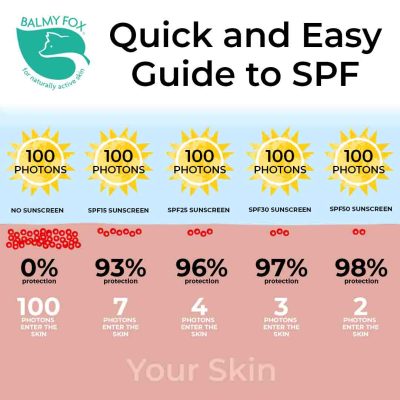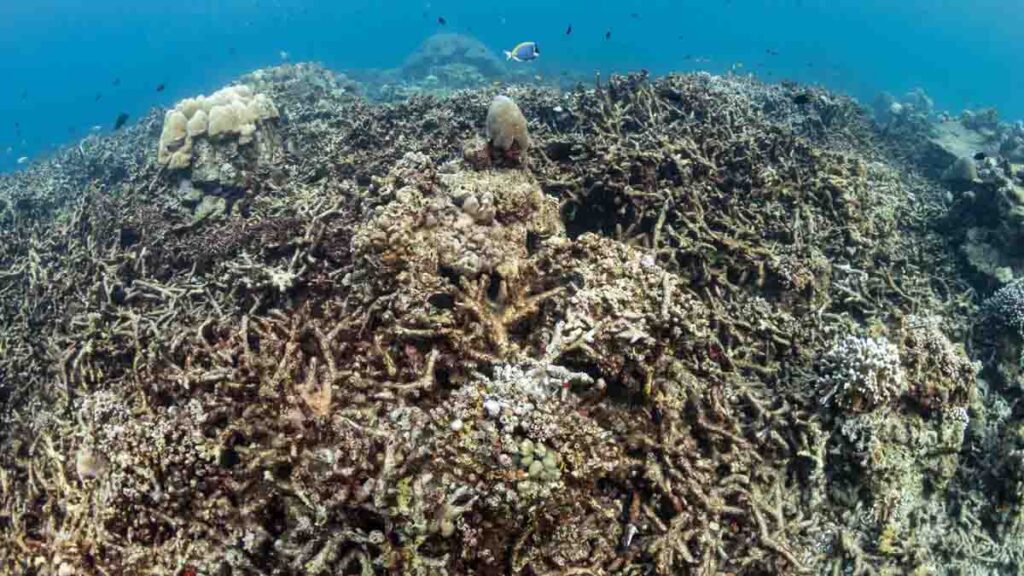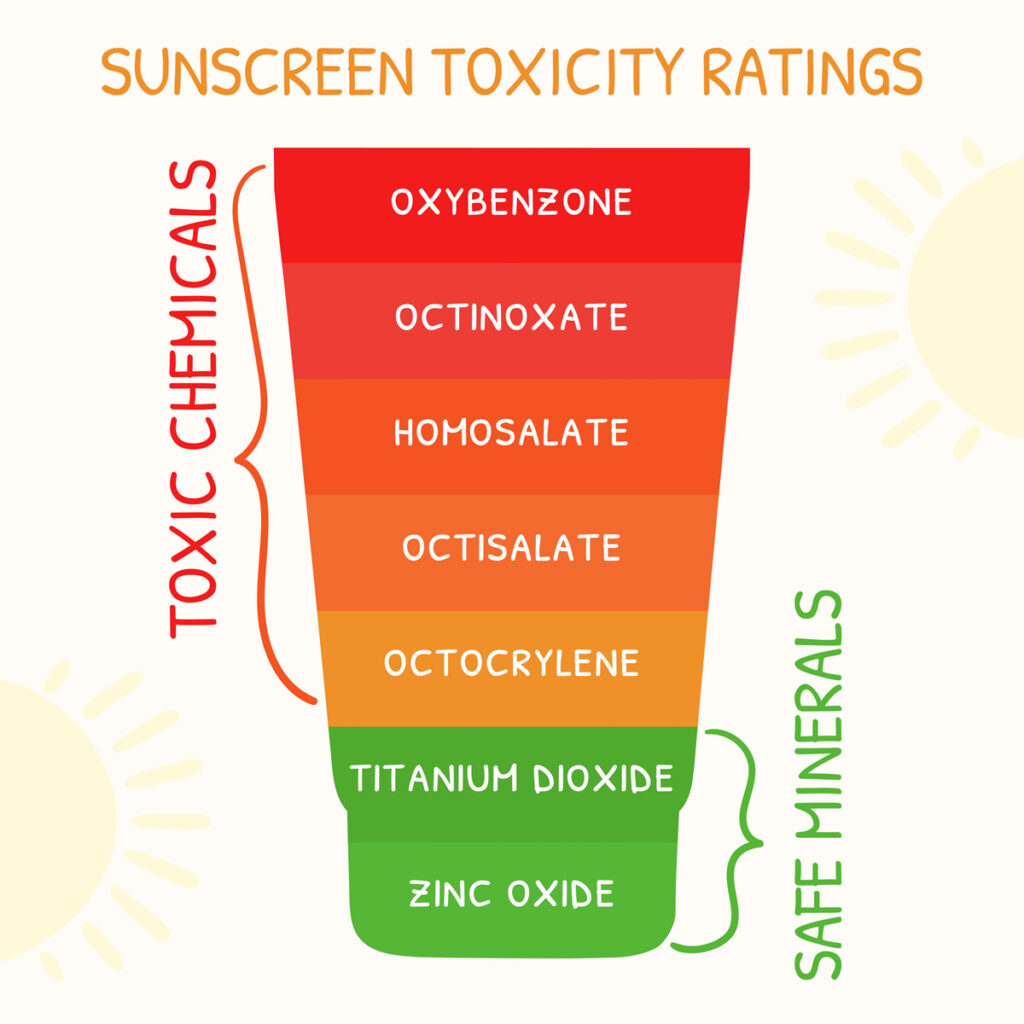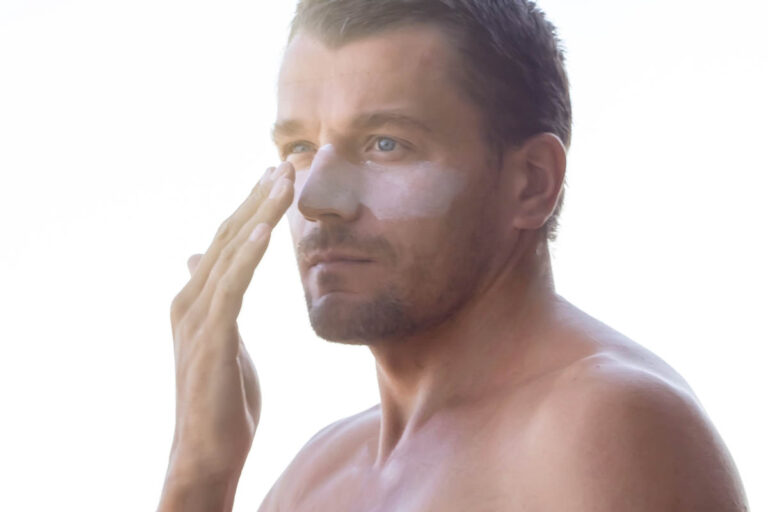
You don’t want to take any chances regarding your skin. That’s why sunscreen is essential outdoors, especially if you’ll be in the water. But did you know that not all sunscreens are equal when it comes to protecting not only your skin but also the environment?
Enter marine-safe sunscreens. Unlike regular sunscreens, marine-safe sunscreens are designed from the ground up with your skin and marine life in mind. They’re engineered with an eye toward removing or minimizing actual harmful ingredients rather than merely minimizing their use, which means fewer chemicals are released into the environment.
In this article, we’ll tell you everything you need to know about ensuring your sunscreen is NOT hurting your marine friends.
We’ll look at the ingredients to look for (and avoid!), how to use them properly, and some of our favourite brands that have gone above and beyond when formulating their marine-safe sunscreens.
So, what are marine-safe sunscreens? Put marine-safe sunscreens are those that have been formulated without any ingredients that may have a damaging effect on the environment. This means excluding certain chemicals, such as oxybenzone and octinoxate, which are known to be toxic to aquatic life and coral reefs.
Look for key ingredients on the label to ensure you use environmentally-friendly sunscreen. Sunscreens labelled reef safe and marine safe should contain natural minerals like zinc oxide and titanium dioxide as these form a physical barrier between your skin and the sun’s rays, rather than sinking into the environment.
If you’re heading to the beach or swimming, it’s essential to choose a sunscreen designed specifically for use in water. These formulas often include ingredients like berry wax and cocoa butter, which help water resistance while providing good hydration to your skin.
Sunscreen is a vital part of skin protection, and understanding the basics, such as the SPF number and what ingredients to look for in a sunscreen, can help you choose the right product.
The SPF number indicates the capacity of the product to protect your skin from UVA and UVB radiation. Sunscreens with SPF numbers of 15 or higher offer broad-spectrum protection. When you’re in the sun, it’s recommended to reapply your sunscreen regularly throughout the day can also ensure your skin stays protected.
Use an effective sunscreen containing mineral ingredients like zinc oxide or titanium dioxide, as they provide more UVA/UVB radiation protection than chemical ingredients.
These mineral-based sunscreens won’t harm marine life when exposed to water, so they’re often called “marine safe”.
Don’t forget to check the expiration date on your sunscreen, as many products lose their effectiveness over time due to exposure and age.

As a rule, you should always use marine-safe sunscreen for swimming or snorkelling. But why?
It all boils down to the ingredients you apply to your skin when you put on sunscreen. Most popular sunscreens are made with chemical suns protective agents like oxybenzone, octinoxate and avobenzone, the big three that get absorbed into your skin and eventually make their way into the ocean.
Once they hit the water, they can be toxic to our ecosystems: fish, coral, and other marine wildlife are particularly susceptible. Studies have shown that coral near areas that lather with sunscreen can experience bleaching and genetic damage within days.

On the other hand, Marine Safe sunscreens are much safer for marine wildlife. They are usually formulated with mineral ingredients like zinc oxide, titanium dioxide, and other organic ingredients that don’t harm aquatic life or mess with delicate coral reefs.
So if you take a dip while wearing sunscreen, make sure whatever product you choose is labelled Marine Safe to protect delicate sea life from harmful chemicals.
Sure, you can slather on any old sunscreen when you’re headed to the beach, but why not go the extra mile and protect yourself and the marine ecosystem? Here are some ingredients to look for in a marine-safe sunscreen:
One of sunscreen’s most common ingredients, titanium dioxide, provides broad-spectrum protection from UVA and UVB rays. It’s less likely to cause eye stinging and skin irritation than zinc oxide, so it’s an excellent choice for sensitive skin. And because it isn’t absorbed into your body, you don’t have to worry about potential health risks.
Another one of the most widely used active ingredients in sunscreens, zinc oxide also helps protect from both UVA and UVB rays. It’s often found in mineral sunscreens designed not to harm coral reefs or other marine organisms.
Vitamin C is an antioxidant that helps protect your skin from damage caused by ultraviolet rays and pollutants like smog or car exhaust. It can also help fade dark spots, reduce redness and boost hydration so your skin looks healthy and glowing year-round.
These two typical ultraviolet light absorbers are usually found in chemical sunscreens but have been known to endanger coral reefs, so they should be avoided when looking for a reef-safe product.

You know how to wear sunscreen when in the sun, but do you know what’s in that sunscreen? And do you know which kind is best for the environment and your skin? Here’s what you should know about UVA and UVB rays and why using a marine-safe sunscreen is essential.
UVA rays are responsible for premature ageing and wrinkles, while UVB rays are the leading cause of sunburn. UVA and UVB rays can damage skin cells and even increase your risk of skin cancer. Sunscreens protect your skin from both by emitting protective chemicals that either reflect or absorb the sunlight so it never reaches your skin.
Now that you know what ingredients to look for in a marine-safe sunscreen, it’s time to discuss how to use it. Here are some helpful tips you can use to ensure that you get the best protection:
Set a reminder or put it on your calendar so you don’t forget. Ensure you apply enough and every part of your skin is covered. Reapply every two hours, even if your product says it lasts longer than that, and cover up if you’re going swimming, as even the most resistant sunscreens need to be reapplied after 10-15 minutes in the water.
Putting on a thin base layer of sunscreen can act as an extra layer of protection from the sun. Use a broad spectrum SPF for the base layer and then top up with another before heading out into the sun.

Sunscreen should be applied gently and not be rubbed too hard or too harshly, which may compromise its effectiveness and protective properties. Gently patting it onto your skin should help provide enough coverage without ruining its protective barrier.
You need at least one full ounce (2 tablespoons) of sunscreen to cover your body if wearing a swimsuit adequately. That’s about one shot glass full of sunscreen per application, so make sure you’re using enough!
When choosing a sunscreen, look for one with natural ingredients and a high SPF level, such as zinc oxide and titanium dioxide. Avoid formulas with synthetic chemicals like oxybenzone and octinoxate, and read the label to ensure your sunscreen is truly marine-safe.
By using a marine-safe sunscreen, you can protect your skin while also protecting the environment.